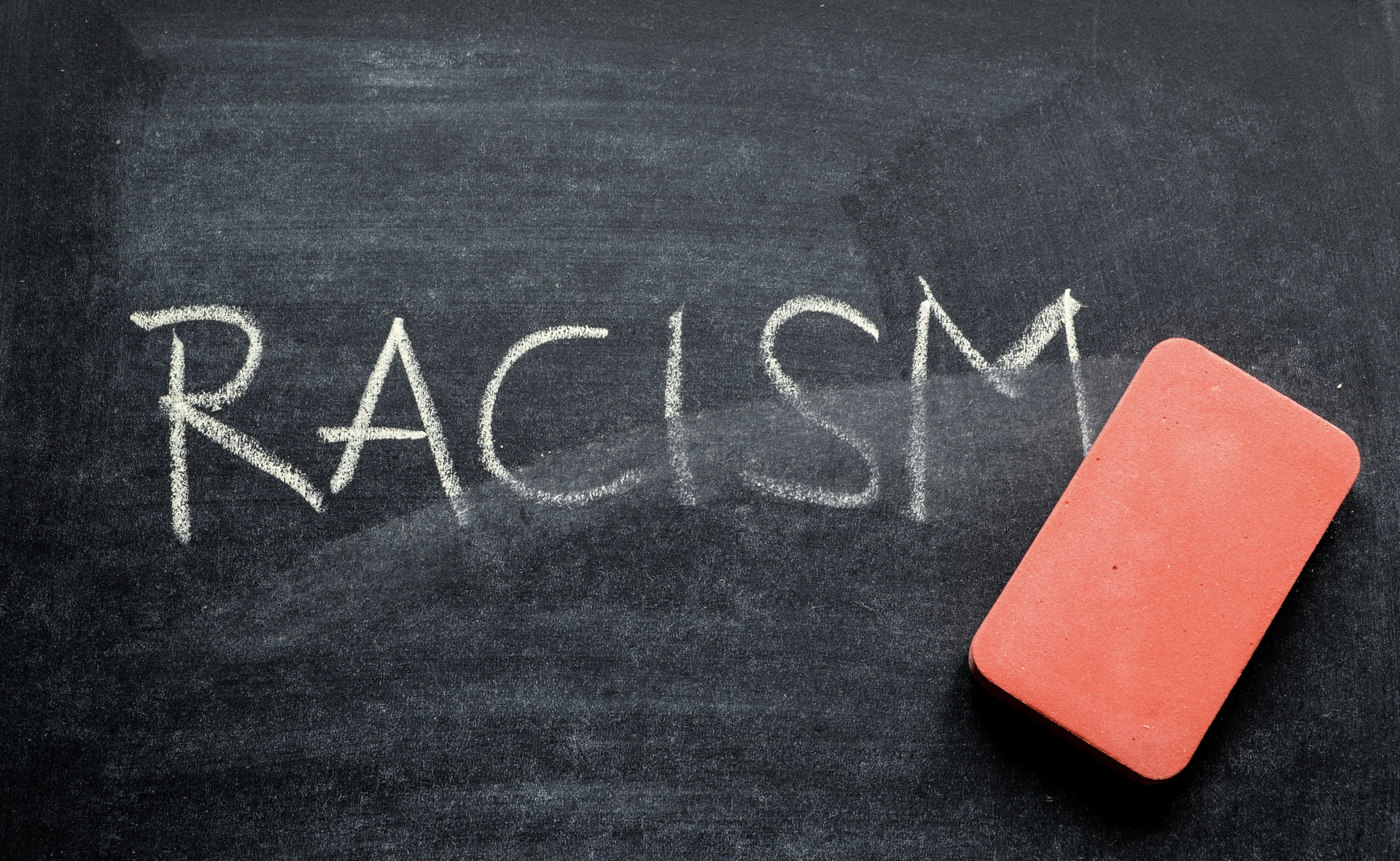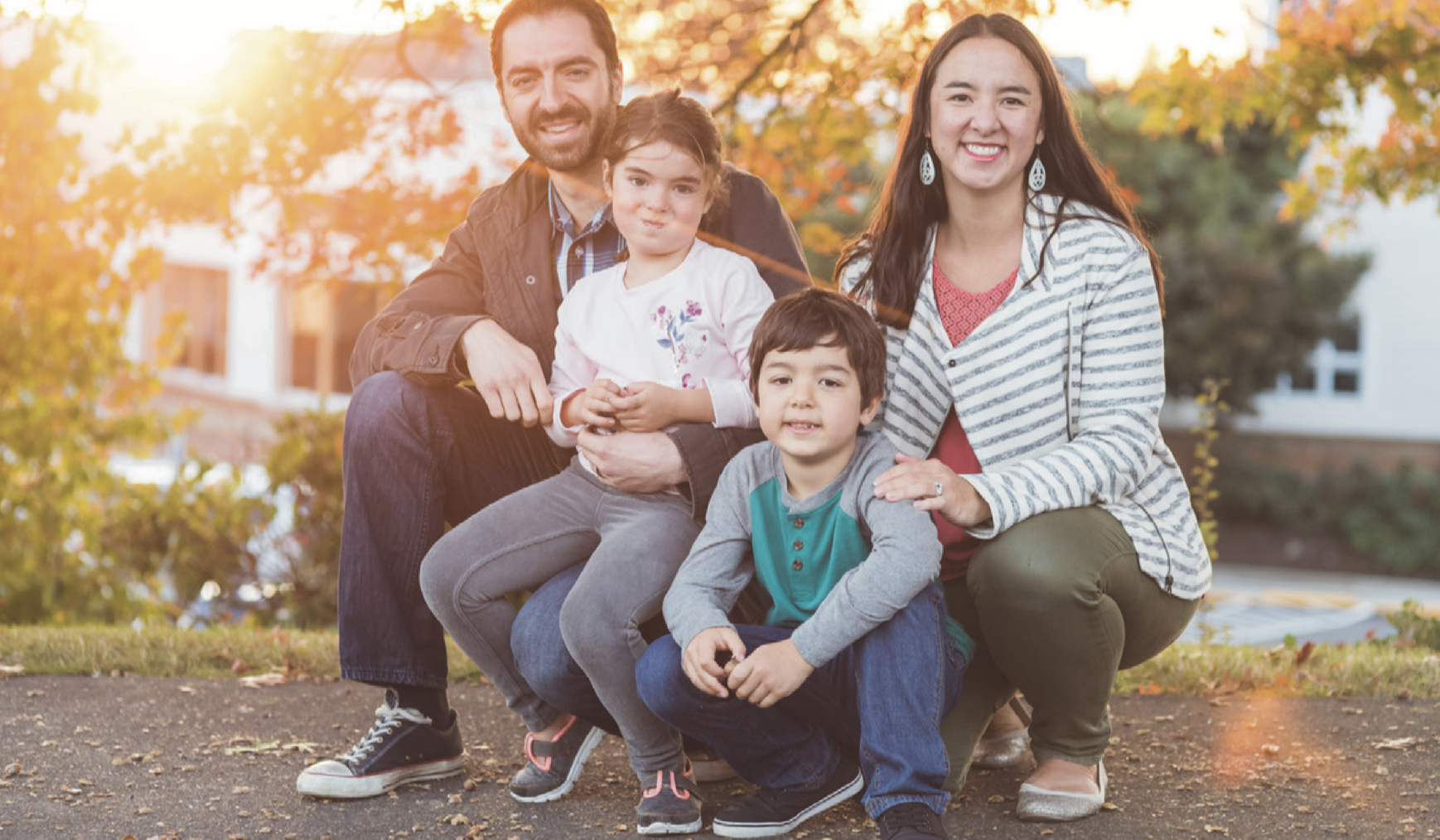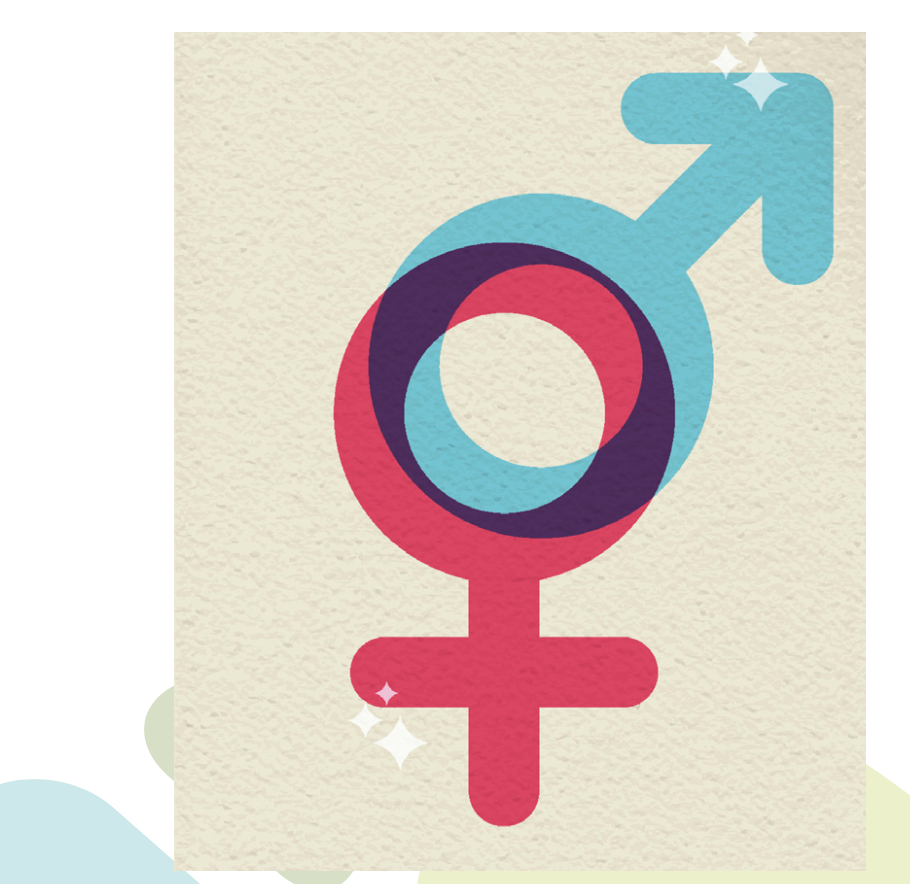A Parent’s Guide to Having Critically Important Conversations About Diversity, Racism, and Equality with Your Children Part 2

A Parent’s Guide to Having Critically Important Conversations About Diversity, Racism, and Equality with Your Children Part 2
A Parent’s Guide to Having Critically Important Conversations About Diversity, Racism, and Equality with Your Children
Part 2
Having a Conversation About Race: A Guide for African American Parents By Guest Blogger Linda Felder, Character Effect Specialist, The Character Effect™
The posting of the inhumane killing of George Floyd on Facebook was a reminder to African Americans that in the eyes of white America, Black Lives Don’t Matter. The flagrant arrogance of the white police officer to take a black man’s life without regard for his humanity is the ultimate of evil personified. African Americans have lived their whole existence being treated as less than human or at least not considered equal to their white counterparts. However, the killing of Mr. Floyd has caused America and the whole world to look at race relations and diversity in every aspect of today’s life, work, school, and socially. The injustices African Americans have been dealing with for over 100 plus years are now trending in every news thread, twitter, and hashtag that’s printed and that’s “Black Lives Matter!”
It’s not that Black lives are the only lives that matter. It’s that everyone needs to recognize and acknowledge that the lives of African Americans are important because innocent black males and females are dying at the hands of police officers without any accountability or consequences for their actions. Until we are seen as humans and not chattel, there will always be the need for a declarative statement, “Black Lives Matter!” The conversation of race relations and diversity must be had, and it must be done in an intelligent manner with everyone listening and not just hearing what’s being said. African American children need adults in their lives who are going to provide them with a positive identity and fight for equity!
Our history and culture affect our concepts of race and national origin. The basic building block that we use to teach children about diversity is something that we adults must continue to learn and relearn. We must visit and revisit. “To help our children be better citizens in our diverse world or diverse society, we have to speak the language of diversity. The language of diversity is a spoken language that challenges us to speak with people who have differences and different opinions on important issues. It’s a mindset that says, “I want to engage you to get to know you regardless of our differences.” What messages are you communicating to your children about differences? What words are you using in your home to describe yourselves as African Americans? What word are you using in your home about other ethnicities or cultures?
Words have different meanings depending on your race and culture. For example, I had a conversation with a colleague about me considering to wear my hair “natural.” I had to explain that when I made the statement, “I’m getting a perm.” This is an example of how one statement means two different things for two different ethnicities. For Black women, it means relaxing the curl pattern in the hair using a chemical relaxer. For white women, it means putting curl into the hair. This is active listening and talking with each other about cultural identity.
For our children to have a positive identity, we must make sure they know their history, the good, the bad, and the ugly. Our history is not for us to be bitter, it is to inform our children we are an intelligent people with a great history of being architects, engineers, lawyers, and inventors. We made a tremendous contribution to the building of this nation and we continue to be assets to the world. Yes, Black Lives Matter, because you’re my son, you’re my daughter and your life matters. You have value and you have worth and no one is given permission to take your life because he or she doesn’t know how to speak the language of diversity.




